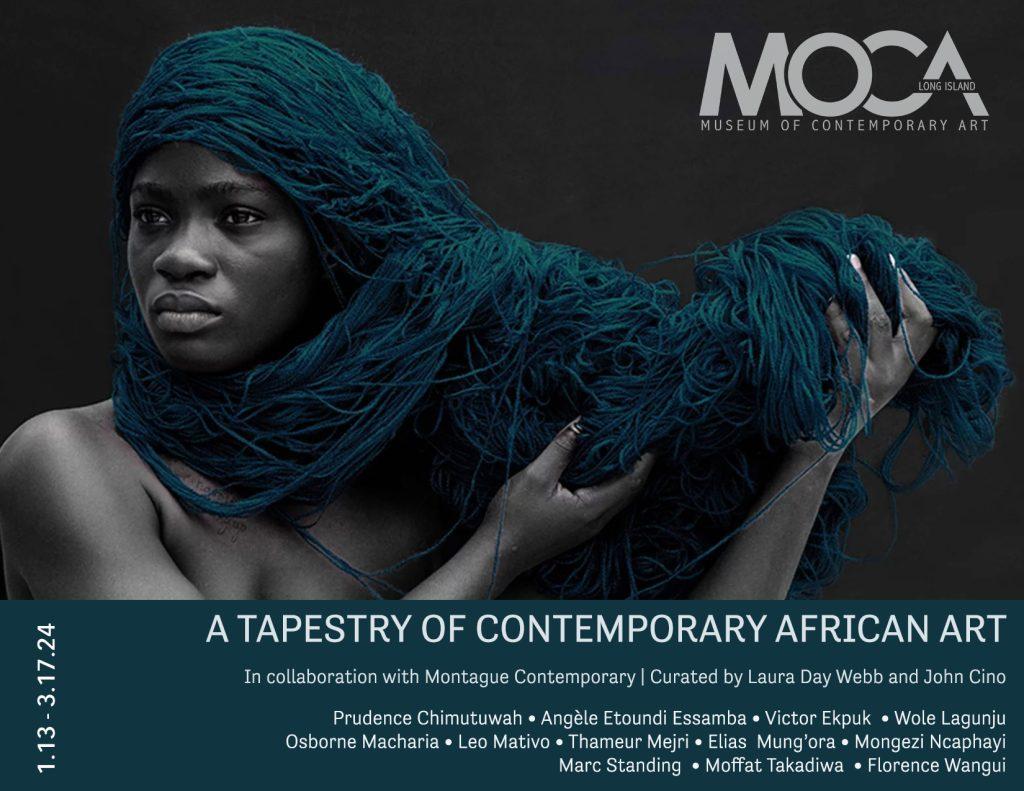## Exploring the Vibrant Tapestry of Australia’s African diaspora ##
#tablepress-f97e33c4-c684-11ed-b488-c63c9e655d47 {
border: 2px solid #373636;
width: 80%;
margin-left: auto;
margin-right: auto;
}
#tablepress-f97e33c4-c684-11ed-b488-c63c9e655d47 thead th {
border: 2px solid #373636;
}
#tablepress-f97e33c4-c684-11ed-b488-c63c9e655d47 tbody td {
border: 1px solid #373636;
}
### Introduction ###
Australia, a nation renowned for its multicultural diversity, embraces a vibrant African diaspora that contributes richly to the country’s cultural fabric. This diverse community, hailing from over 50 African nations, brings a kaleidoscope of experiences, traditions, and aspirations. Their presence in Australia has shaped the nation’s identity,fostering intercultural exchange and enriching the social landscape.
### Cultural Heritage and Identity ###
The African diaspora in australia has preserved strong ties to their ancestral homelands. They have established numerous organizations and cultural groups that promote and celebrate African heritage and traditions. Traditional music, dance, food, and art continue to play a vital role in preserving cultural identity and fostering a sense of belonging.
### Economic Contribution and Opportunity ###
African Australians have made significant contributions to Australia’s economy. They are actively involved in various industries, including healthcare, education, business, and the arts. Many African entrepreneurs have established prosperous businesses that not only support their communities but also contribute to the overall economic growth of the nation.
### Education and Access to Opportunities ###
Education is of paramount importance to the African diaspora in Australia. They highly value the opportunities for personal growth and progress that education provides. African Australian students are pursuing higher degrees in various fields, including medicine, engineering, and business. Additionally, community organizations and government initiatives are dedicated to supporting African students and bridging educational gaps.
| Key Details on Australia’s African Diaspora |
| :—|—|
| Population | Approx. 500,000 |
| Countries of Origin | Over 50 African nations |
| Top 5 Countries of Origin | South Sudan, Ethiopia, Kenya, Somalia, Zimbabwe |
| States with Largest African-Born Populations | Victoria, NSW, Queensland |
| Participation Rate in the Labour Force | 64.4% |
### Challenges and Resilience ###
Like all migrant communities, the African diaspora has also faced challenges. Cultural barriers,discrimination,and social exclusion have hindered some individuals. However, the community has consistently demonstrated remarkable resilience and determination to overcome adversity.These challenges have fostered a strong sense of community and mutual support.
### Case Study: African Australian Youth Empowerment ###
The Somali Youth Development association of Australia (SYDAA) is an award-winning organization that supports African Australian youth. SYDAA provides a range of programs, including mentoring, leadership development, and employment assistance.Through such initiatives, African Australian youth are empowered to overcome barriers and reach their full potential.
### Benefits of Immigration for Australia ###
The African diaspora has brought countless benefits to Australian society. The influx of diverse skillsets, perspectives, and knowledge has enriched the nation’s economy and increased its global competitiveness. Africa-focused education and research programs have further strengthened Australia’s diplomatic and trade ties.
### Conclusion ###
The African diaspora in Australia is a vibrant and diverse community that adds immeasurably to the nation’s cultural tapestry. Their contributions in various spheres of life attest to the remarkable strength, resilience, and determination of the African people. By embracing the african diaspora and fostering inclusive policies, australia can fully harness the potential of this invaluable asset and create a society where everyone has the opportunity to succeed and contribute to the common good.



